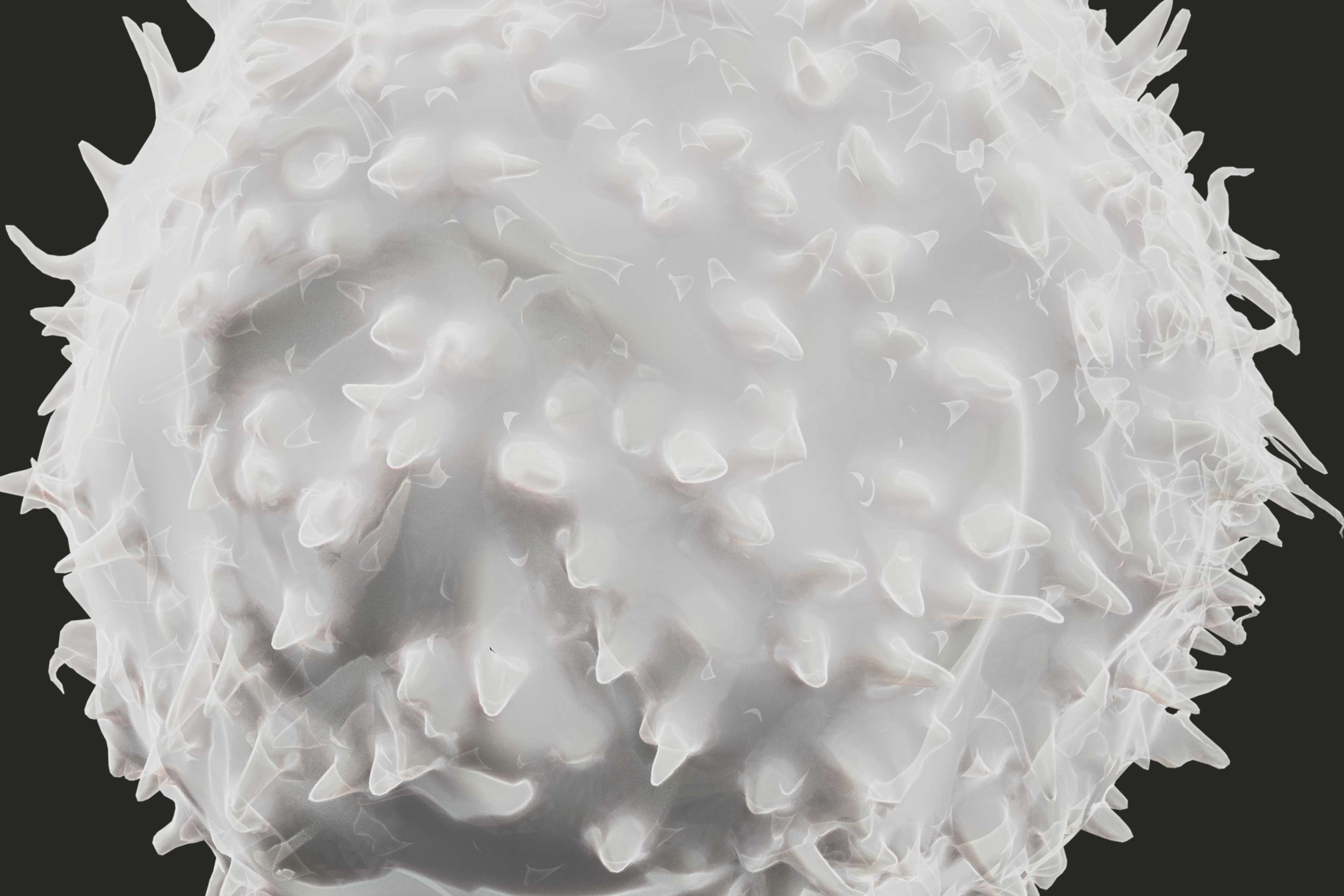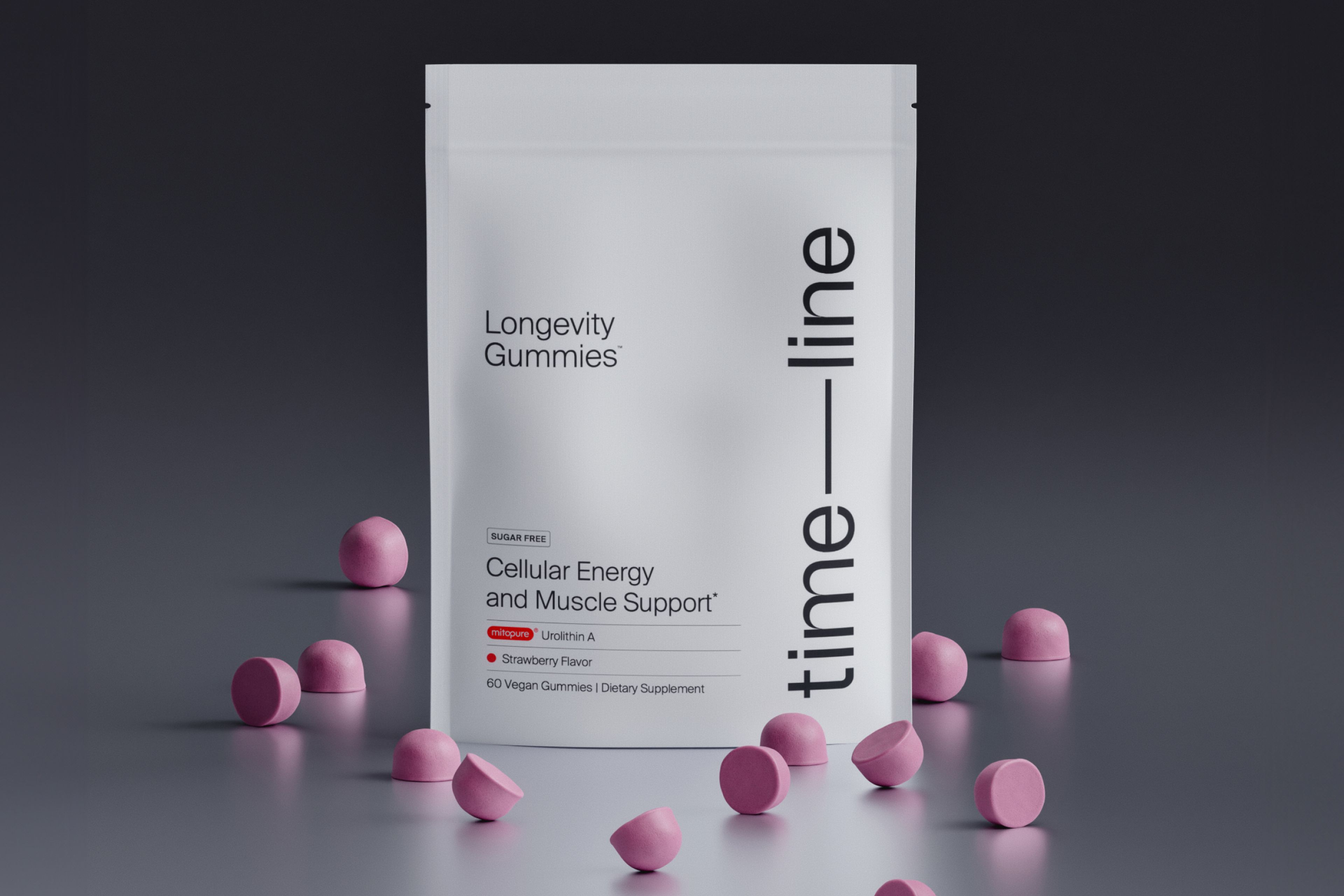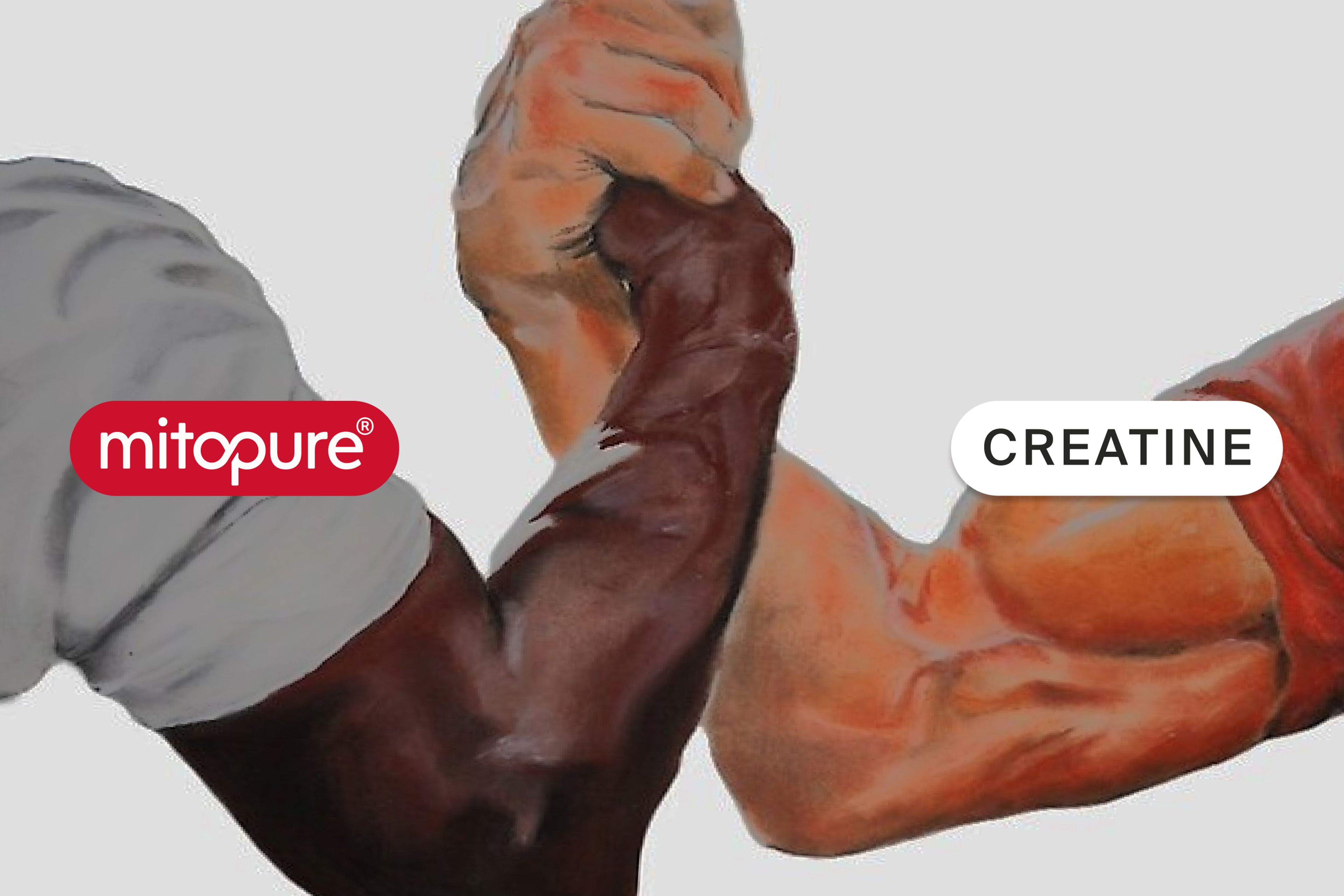Immune resilience: unleashing the power within your body
Supercharging your body’s immune resilience: unleashing the power within for optimal health and aging into the golden years.

What to know
The immune system defends against invaders and is important for maintaining health with age
Many external factors affect immune health, such as exposure to particular substances in early life, tobacco smoking, alcohol consumption, hours of sleep, nutritional factors, and exercise
Internal factors specific to the individual, such as age, sex, and genetic makeup, also impact immune function
Exercise, a healthy diet, and supplements when needed are strategies that may help boost immune function
The immune system serves as the body’s defense against invaders and is an important part of survival.[1] It fights infection and has evolved to protect the host from pathogens that are constantly evolving. To do this, the system must be able to distinguish self from non-self, and it functions in several different ways to provide protection and preserve health.[2]
Immune system function is also important for healthy aging. With age, the immune system undergoes dramatic age-related changes that lead it to lose the ability to protect against infections and chronic disease. Inflammatory responses that make up part of the immune response may last longer than needed.[3] Understanding immune aging is an important part of discovering how to promote long-lasting good health.
About your immune system
There are two general ways the immune system responds to invaders, known as the “innate” and “adaptive” immune response. The innate immune system produces the initial response to an invader, occurring rapidly. The adaptive system is made up of cells that work specifically on different pathogens and steps in after the innate response. This step produces a memory of the invaders so that the body may respond more effectively if they are encountered again.
A successful immune response requires the activity of different types of cells. Signaling pathways in these different cells must be activated and inhibited correctly as part of the response to invaders[4].
To sustain the functioning of the immune cells, the mitochondria, or the “powerhouse” of the cell, play an important role. The mitochondria are needed to sustain cell functioning, and mitochondrial signals seem to be necessary for the immune cells to fulfill their specific role in the immune response.
There is also a low-grade, chronic inflammation termed “inflammaging” that occurs with age. Age-related mitochondrial decline also plays a role in the weakening of our immune system with age.
Factors that affect your immune system
There are both external and internal factors that affect immune system function. Some may provide an immunity boost, while others may have a negative impact on function. Understanding these factors is useful in determining how to promote health.
External factors
Among the external factors that may influence the immune system is exposure to immunotoxic substances, particularly in early life. These include heavy metals such as cadmium, mercury, lead, and arsenic. Exposure to these substances may have a detrimental effect on immune function, lasting into adulthood.[5]
Other exposures in early life may also play a role, such as maternal infection with parasites or viruses.
Into adulthood, lifestyle plays a huge role in the health of our immune system. A nutritious diet that is rich in whole foods and limits processed foods has an anti-inflammatory effect and a more robust immune response.[6]
In addition to nutritional factors, other behavioral factors may play a role in immune function. These include tobacco smoking, alcohol, hours of sleep, and physical exercise.[7]
Internal factors
Some factors specific to the individual also impact immune function. These include age, sex, and genetic makeup.
“Immunosenescence” refers to the changes that occur in the immune system with age. One of the main features of this is a decline in the number of immune cells, which is associated with impaired immunity. There is also a low-grade, chronic inflammation termed “inflammaging” that occurs with age. [8]Age-related mitochondrial decline also plays a role in the weakening of our immune system with age.[9]
Genes also play a role in immunity. Understanding the problems with the immune response related to genetic makeup in the case of particular diseases has helped advance understanding of both disease and the immune system. Environmental factors also affect gene expression, and this also impacts the immune response.[10]
Lastly, your gut microbiome has an impact on your immune system. The gut microbiome, comprising trillions of microorganisms residing in our digestive tract, plays a pivotal role in shaping our immune health. These microbes interact with the immune system in various ways, educating and regulating it to distinguish between harmful pathogens and harmless substances.[11]
Strengthening your immune system
Building your immune system involves a variety of effective strategies.

Cold water swimming may help build the immune system
Lifestyle immune system boosters
A body of evidence suggests that physical activity has an important influence on the immune response. Doing regular moderate-intensity physical activity directs the immune response to an anti-inflammatory status that has a positive effect on health.[12]
Some studies suggest that cold water swimming may help build the immune system, but there have been contrasting results. Some evidence suggests that winter swimmers may have better protection against illness, and they have higher counts of immune cells. [13]Additional studies are needed in this area to know for sure.

Foods to boost the immune system
Certain dietary patterns with the potential to strengthen the immune system have been identified. The Mediterranean diet, which is high in plant-based foods such as whole grains, legumes, nuts, vegetables, and fruit, is one example. This dietary pattern is also moderate in dairy products, eggs, and fish and low in sweets and red meat.[14]
The immune health-promoting properties of the Mediterranean diet may be due to the interaction between the various foods and nutrients. The diet is rich in antioxidants and anti-inflammatory compounds that play a key role in boosting the immune system. This way of eating provides many nutrients that help promote immune health, such as critical vitamins and minerals, as well as essential fatty acids.[15]
Supplements to boost the immune system
A number of nutrients taken in supplement form have been found to play a role in immune function. For example, vitamin D has been shown to have an impact on both the innate and adaptive immune response. [16]Other vitamins that may be taken in supplement form for immune health include some B vitamins, vitamins C, E, and A.
Minerals in supplement form, such as zinc and selenium, have also been used to enhance immune function. Deficiency of these nutrients may negatively affect immune function and increase susceptibility to infection. These minerals impact various aspects of the immune system, including the cells involved in the immune response.[17]
Other natural compounds taken in supplement form may also play a role in improving the immune system. One example is Urolithin A (UA), a molecule produced in the gut from polyphenols found in foods such as pomegranate, berries, and walnuts. Urolithin A improves mitochondrial function, which is key to promoting immune health with age.[18]

Mitopure Softgels
Bestseller4.4 · 3125 reviews
The simplest form of Mitopure
Last words
Several factors are important for boosting immune health, and these include lifestyle choices. Lots of different components of food included in certain dietary patterns have been shown to be key. To maintain immunity with age, it’s particularly important to consider consuming a diet rich in many types of immune-boosting foods, exercise, and other healthy practices.
Authors

Professor of Nutrition & Scientific Writer

Reviewed by
Senior Manager of Nutrition Affairs
References
- ↑
Childs CE, Calder PC, Miles EA. Diet and Immune Function. Nutrients. 2019 Aug 16;11(8):1933. doi: 10.3390/nu11081933. PMID: 31426423; PMCID: PMC6723551.
- ↑
Chaplin DD. Overview of the immune response. J Allergy Clin Immunol. 2010 Feb;125(2 Suppl 2):S3-23. doi: 10.1016/j.jaci.2009.12.980. PMID: 20176265; PMCID: PMC2923430.
- ↑
Weyand CM, Goronzy JJ. Aging of the Immune System. Mechanisms and Therapeutic Targets. Ann Am Thorac Soc. 2016 Dec;13 Suppl 5(Suppl 5):S422-S428. doi: 10.1513/AnnalsATS.201602-095AW. PMID: 28005419; PMCID: PMC5291468.
- ↑
Weinberg SE, Sena LA, Chandel NS. Mitochondria in the regulation of innate and adaptive immunity. Immunity. 2015 Mar 17;42(3):406-17. doi: 10.1016/j.immuni.2015.02.002. PMID: 25786173; PMCID: PMC4365295.
- ↑
MacGillivray DM, Kollmann TR. The role of environmental factors in modulating immune responses in early life. Front Immunol. 2014 Sep 12;5:434. doi: 10.3389/fimmu.2014.00434. PMID: 25309535; PMCID: PMC4161944.
- ↑
Santos, L. (2021). The impact of nutrition and lifestyle modification on health.. European journal of internal medicine. https://doi.org/10.1016/j.ejim.2021.09.020.
- ↑
Kusaka Y, Kondou H, Morimoto K. Healthy lifestyles are associated with higher natural killer cell activity. Prev Med. 1992 Sep;21(5):602-15. doi: 10.1016/0091-7435(92)90068-s. PMID: 1279663.
- ↑
Lewis ED, Wu D, Meydani SN. Age-associated alterations in immune function and inflammation. Prog Neuropsychopharmacol Biol Psychiatry. 2022 Aug 30;118:110576. doi: 10.1016/j.pnpbp.2022.110576. Epub 2022 May 17. PMID: 35588939.
- ↑
Weiskopf, D., Weinberger, B., & Grubeck‐Loebenstein, B. (2009). The aging of the immune system. Transplant International, 22. https://doi.org/10.1111/j.1432-2277.2009.00927.x.
- ↑
Knight JC. Genomic modulators of the immune response. Trends Genet. 2013 Feb;29(2):74-83. doi: 10.1016/j.tig.2012.10.006. Epub 2012 Nov 1. PMID: 23122694; PMCID: PMC3605582.
- ↑
Shi N, Li N, Duan X, Niu H. Interaction between the gut microbiome and mucosal immune system. Mil Med Res. 2017;4:14. Published 2017 Apr 27. doi:10.1186/s40779-017-0122-9
- ↑
Scheffer DDL, Latini A. Exercise-induced immune system response: Anti-inflammatory status on peripheral and central organs. Biochim Biophys Acta Mol Basis Dis. 2020 Oct 1;1866(10):165823. doi: 10.1016/j.bbadis.2020.165823. Epub 2020 Apr 29. PMID: 32360589; PMCID: PMC7188661.
- ↑
Knechtle B, Waśkiewicz Z, Sousa CV, Hill L, Nikolaidis PT. Cold Water Swimming-Benefits and Risks: A Narrative Review. Int J Environ Res Public Health. 2020 Dec 2;17(23):8984. doi: 10.3390/ijerph17238984. PMID: 33276648; PMCID: PMC7730683.
- ↑
Mazzocchi A, Leone L, Agostoni C, Pali-Schöll I. The Secrets of the Mediterranean Diet. Does [Only] Olive Oil Matter? Nutrients. 2019 Dec 3;11(12):2941. doi: 10.3390/nu11122941. PMID: 31817038; PMCID: PMC6949890.
- ↑
Barrea L, Muscogiuri G, Frias-Toral E, Laudisio D, Pugliese G, Castellucci B, Garcia-Velasquez E, Savastano S, Colao A. Nutrition and immune system: from the Mediterranean diet to dietary supplementary through the microbiota. Crit Rev Food Sci Nutr. 2021;61(18):3066-3090. doi: 10.1080/10408398.2020.1792826. Epub 2020 Jul 21. PMID: 32691606.
- ↑
Aranow C. Vitamin D and the immune system. J Investig Med. 2011;59(6):881-886. doi:10.2310/JIM.0b013e31821b8755
- ↑
Gombart AF, Pierre A, Maggini S. A Review of Micronutrients and the Immune System-Working in Harmony to Reduce the Risk of Infection. Nutrients. 2020 Jan 16;12(1):236. doi: 10.3390/nu12010236. PMID: 31963293; PMCID: PMC7019735.
- ↑
D'Amico D, Andreux PA, Valdés P, Singh A, Rinsch C, Auwerx J. Impact of the Natural Compound Urolithin A on Health, Disease, and Aging. Trends Mol Med. 2021 Jul;27(7):687-699. doi: 10.1016/j.molmed.2021.04.009. Epub 2021 May 21. PMID: 34030963.
Disclaimer
The information in this article is for informational purposes only and should not be taken as medical advice. Always consult with your medical doctor for personalized medical advice.

•
Nutrition•
First-of-Its-Kind Longevity Gummy Launched

•
Skincare•






